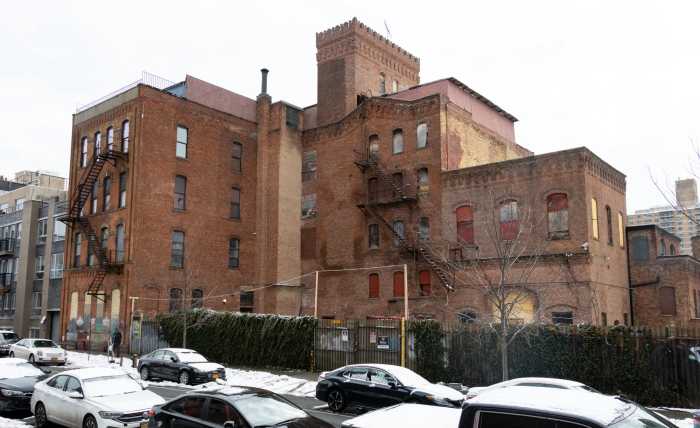Who is racist against whom?
The New York chapter founder of the country’s oldest Chinese-American non-profit is charging a Democratic Socialists of America lawmaker with anti-Asian racism over her proposed legislation to cut testing out for entry into the city’s specialized high achieving academic high schools.

But the lawmaker, State Sen. Julia Salazar (D-Brooklyn) countered that the testing exam, known as the Specialized High School Admissions Test (SHSAT), is racist against Black students.
The bill in question is State Senate Bill S3807, which would repeal the 1971 state Hecht-Calandra Act, which requires passing a test for enrollment in the city’s specialized academic high schools – including Bronx School of Science, Stuyvesant and Brooklyn Tech.
The contentious issue comes as only nine percent of offers made by specialized high schools went to Black and Latino students for the coming Fall term. Conversely, over half of the 4,262 offers went to Asian students, though Black and White students made up the same percentage of test-takers.
“Much of the opposition that I’ve heard to repealing Hecht-Calandra is actually motivated by anti-Black racism,” said Salazar. “Repealing Hecht-Calandra would simply allow the specialized high schools in New York City to no longer rely on the SHSAT as their sole admissions criteria. A more holistic and equitable admissions process would benefit students of every identity and cultural background.”
But Wei Wah Chin, founder of the Chinese American Citizens Alliance Greater New York (CACAGNY), called the proposed bill to remove the SHSAT, “racist” against Chinese-Americans, saying that pointing to the lack of African-American and Latino students in Specialized High Schools suggests that there is an over-representation of Asian students.
“By definition, if you say there is too little of this, that means you’re saying there’s too many of that, right?” said Chin. “And so that is by nature, racist.”
Chin, and proponents of the testing argue that part of the reason for the lack of Black and Brown students is because the city took away the Gifted and Talented feeder programs in Black and Brown school districts.
One side of the argument is that the system of the exam is biased. Repealing the exam, in the eyes of critics, would remove this bias and create a more equitable system.
Chin, however, is adamant that removing the SHSAT would be a mistake because instead of trying to improve the ability of students academically, it is instead trying to manipulate the outcome of statistics.
“Not every kid tests well, but there are kids who test well who should go to test schools. You shouldn’t discriminate against them either way,” said Chin.
Chin says there is a connection between what she calls an “attack on merit” and the recent Anti-Asian attacks across the city.
“It’s directly connected frankly,” said Chin. “When you have the schools, the politicians telling one group of people ‘you don’t belong here,’ it’s exactly the same thing as what is happening in the streets. That is the exact same thing.”
The bill is currently in the Senate Education Committee and had to be reintroduced earlier this year. There currently is no assembly sponsor for the bill in this legislative session, which makes the likelihood of the bill becoming law anytime soon, slim at best.










